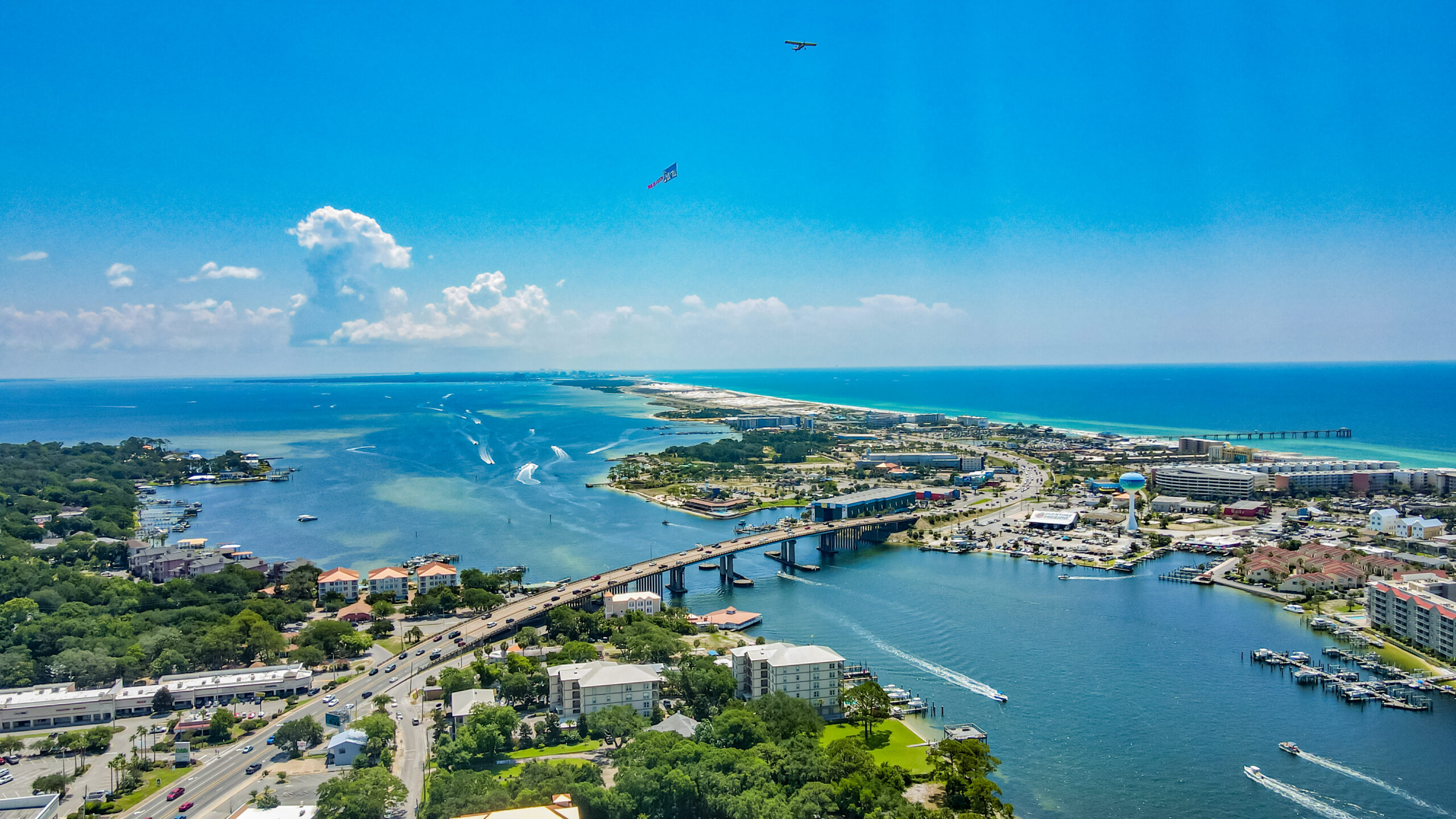Injury Overview
The MCL is a ligament that links the shinbone (tibia) and thighbone (femur), and is located on the inner aspect of the knee. It is an extra-articular ligament (not located inside the knee joint), and as a result has a good blood supply. The MCL may be injured as the result of a direct blow to the outer edge of the knee or from landing abnormally on the leg. MCL injuries are often seen in soccer, football, basketball, and snow skiing. The MCL can also be injured during daily activities such as tripping or missing a step. MCL knee injuries range in severity, including stretch injuries or partial tears to the ligament and complete disruption of the fibers of the ligament.
Symptoms
Symptoms of an MCL knee injury will vary. The most obvious symptom is pain, with bruising and swelling on the inside of the knee joint. A subtler symptom involves the feeling of instability when the leg is placed in certain positions. With complete disruption, instability may be quite noticeable.
Diagnosis
Dr. Anz will perform a detailed physical exam where he will apply various tests to determine knee mobility, pain, and stability. These tests help to detect injury to the ligament ligament. One exam is performed by bending the knee to 25 degrees and putting pressure on the outside surface of the knee. When MCL damage is suspected Dr. Anz will usually order a stress X-ray to document to extent of injury. An MRI is often necessary in order to determine the healing potential of the ligament.
Treatment
Many isolated MCL injuries can be treated non-operatively. Excellent results are typically seen by allowing the MCL to heal through immediate range of motion, icing, physical therapy, and bracing.
Surgical Treatment
If the MCL injury is a grade III injury, or is injured along with other ligaments, it may not heal on its own. In this case, an open procedure to reconstruct the MCL may be necessary. During the reconstruction process, Dr. Anz may use a graft from either the patient or a donor. This choice will be made with the patient after a detailed discussion of the risks and benefits.
Post-Operative
Therapy is the most important part of a post-operative course. Dr. Anz will prescribe a complete rehabilitation program that should be followed closely to completion following surgery. Therapy will be progressive and will focus on regaining mobility and motion to the injured knee, followed by a strengthening and a functional rehabilitation program.
—
For more information on the treatment following an MCL knee injury, or for more information on isolated or multi-knee ligament injuries, please contact the Gulf Breeze, Florida orthopedic surgeon, Dr. Adam Anz located at the Andrews Institute.




